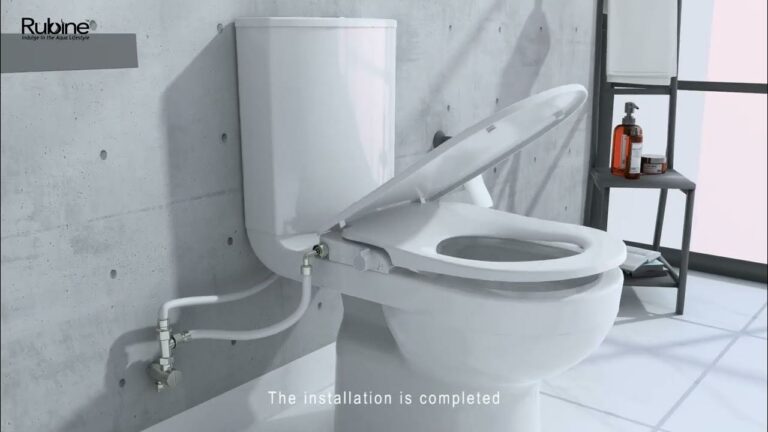The Benefits of Mindful Meditation for Better Sleep
Sleep is an essential aspect of overall well-being, impacting various facets of our physical and mental health. Our bodies require adequate rest to function optimally, with quality sleep promoting proper cognitive function, emotional regulation, and immune system resilience. Without sufficient and restful sleep, individuals may experience heightened stress levels, difficulty concentrating, and an increased susceptibility to illness. Prioritizing good sleep habits can significantly improve one’s quality of life by enhancing overall health and vitality.
Incorporating a consistent bedtime routine and creating a comfortable sleep environment are crucial in cultivating quality rest. Practices such as limiting screen time before bed, engaging in relaxation techniques, and maintaining a regular sleep schedule can contribute to better sleep hygiene. By developing healthy sleep patterns and habits, individuals can experience deeper, more restorative sleep, leading to increased energy levels, improved mood, and enhanced cognitive performance during waking hours.
Reduced Stress and Anxiety Levels
Individuals who frequently experience high levels of stress and anxiety may find relief through various relaxation techniques. Engaging in mindfulness practices, such as meditation or deep breathing exercises, has been shown to calm the mind and reduce feelings of tension. By incorporating these strategies into daily routines, individuals can potentially alleviate the physical and emotional symptoms associated with stress and anxiety.
Moreover, regular physical activity can play a significant role in combating stress and anxiety. Exercise releases endorphins, which are known to boost mood and decrease feelings of anxiety. Whether it’s going for a brisk walk, practicing yoga, or participating in a group exercise class, being physically active can serve as a powerful tool in managing stress and promoting overall well-being.
Engaging in mindfulness practices, such as meditation or deep breathing exercises, can calm the mind and reduce feelings of tension.
Incorporating relaxation techniques into daily routines may alleviate physical and emotional symptoms associated with stress and anxiety.
Regular physical activity releases endorphins, which boost mood and decrease feelings of anxiety.
Going for a brisk walk, practicing yoga, or participating in group exercise classes can help manage stress and promote overall well-being.
Enhanced Relaxation Response
Enhanced relaxation response is the body’s natural ability to unwind and de-stress, promoting a sense of calmness and well-being. This physiological state can be achieved through various relaxation techniques such as deep breathing, progressive muscle relaxation, and meditation.
When the relaxation response is activated, the body releases tension, lowers heart rate, and reduces the production of stress hormones. This leads to a decrease in anxiety levels and an overall improvement in mental and physical health. By incorporating relaxation practices into your daily routine, you can cultivate a greater sense of inner peace and resilience to stressors in your life.
How can an enhanced relaxation response improve sleep quality?
An enhanced relaxation response can help calm the mind and body, making it easier to fall asleep and stay asleep throughout the night.
Can reducing stress and anxiety levels have a positive impact on overall health?
Yes, reducing stress and anxiety levels can improve both physical and mental health, leading to a better quality of life.
How can one enhance their relaxation response?
There are various techniques that can help enhance the relaxation response, such as deep breathing exercises, meditation, mindfulness practices, and progressive muscle relaxation.
Are there any potential side effects of improving the relaxation response?
Generally, improving the relaxation response through natural methods is safe and beneficial. However, it’s always a good idea to consult with a healthcare professional before trying any new relaxation techniques, especially if you have any underlying health conditions.
How long does it take to see improvements in sleep quality and reduced stress levels?
The time it takes to see improvements can vary from person to person. Some individuals may notice a difference in sleep quality and stress levels within a few days of practicing relaxation techniques, while others may take longer to experience noticeable benefits.







